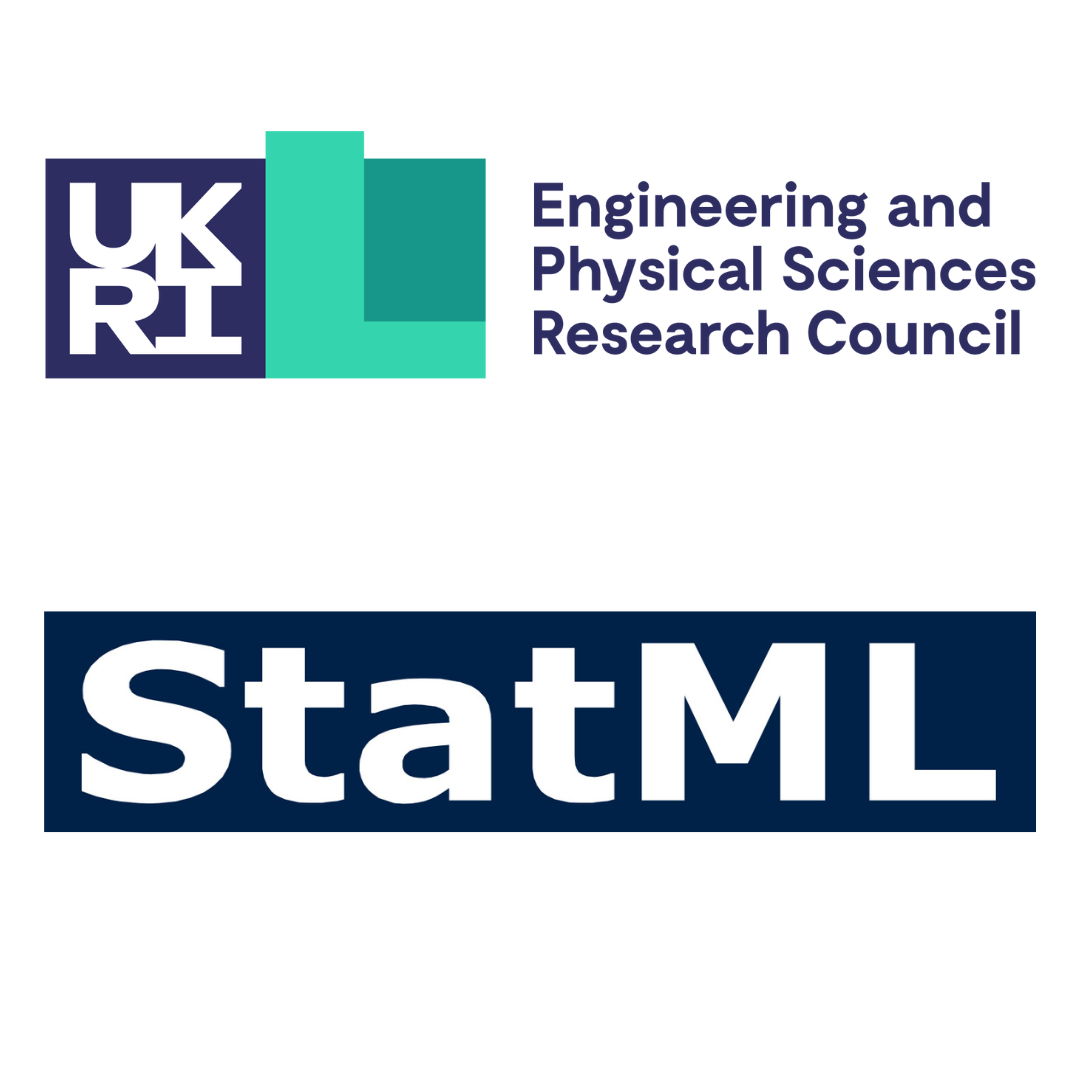Convergence Science Non-Clinical PhD
Data Science
The CRUK Convergence Science Centre (CSC) is partnering with the EPSRC for CDT in Statistics and Machine Learning (StatML) to provide a 4 year PhD studentship. This programme will train the future academic leaders in cancer research and statistical machine learning.

1. World class training
Students will follow the four-year version of the non-clinical PhD training programme. You will be trained by world leading experts in cancer biology, engineering and physical sciences at Imperial and the ICR. This will enable you to acquire a broad skill set and learn the language of multiple disciplines.
2. High-quality research outputs
With a range of outputs spanning research publications, presentations at relevant conferences, the PhD will provide you the grounding for your future success as a convergence scientist.
3. Convergence Science Centre Bespoke Training programme
The scientific landscape is constantly evolving, with disciplines merging into novel entities. To navigate interdisciplinary research, our students are required to develop flexibility by learning to integrate diverse skill sets. To support them, we've designed a training programme aimed at developing skills required to work across the boundaries of different disciplines.
All of our Non-Clinical PhD studentships are 4 years in length and students will be under the guidance of a supervisory team of world-class researchers across the two institutions, Imperial and the Institute of Cancer Research. Successful candidates will receive:
The standard Convergence Science Centre PhD programme and studentship academic eligibility criteria are:
A master’s degree in a relevant subject is desirable
Appropriate English language skills.
1. Admissions Q+A: Meet the programme directors and ask questions about applying:
Session 1: 6th November 2025, 9.30am UK time; Register here
Session 2: 27th November 2025, 1pm UK time; Register here
Session 3: 18th December 2025, 4pm UK time; Register here
2. Apply for studentship - 8th January 2026
Applications should be submitted via MyImperial
You should select “EPSRC Centre for Doctoral Training in Statistics and Machine Learning (CDT) (PhD 4YFT)” (course code G1703.1). If you have any general questions, please contact statml.io.admissions@imperial.ac.uk
3. Candidate shortlisting - Early 2026
Shortlisted candidates will be asked to select two research areas that interest them from the research areas and associated mini-project examples provided to candidates upon shortlisting. Following this, shortlisted applicants are likely to have two interviews:
4. PhD commences - October 2026
Further information on the application process can be found here; Applying to StatML
For more information on this opportunity and enquiries relating to CSC and StatML Training programme, please contact
icr-imperial-convergence.centre@imperial.ac.uk and statml.io.admissions@imperial.ac.uk.